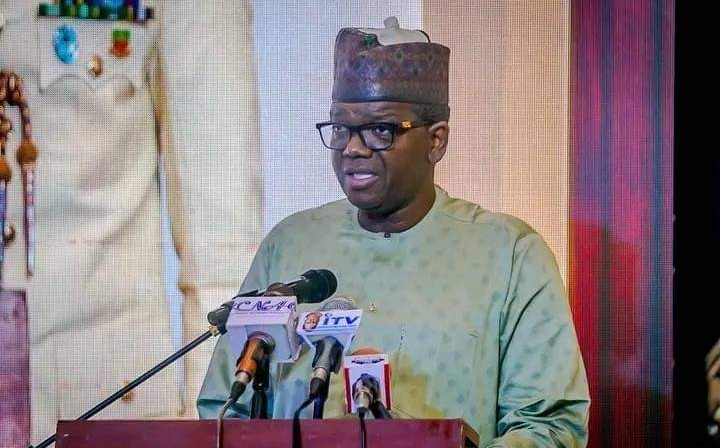Nigeria is poised to become a significant exporter of arms and ammunition through the revitalized Defence Industries Corporation of Nigeria (DICON), according to recent statements by the Federal Government.
On Wednesday, the nation’s defence capabilities received a substantial boost as the Ministry of Defence (MOD) and the National Agency for Science and Engineering Infrastructure (NASENI) signed a Memorandum of Understanding (MoU). This partnership aims to transform DICON into a leading military-industrial complex, propelling Nigeria toward self-reliance in military hardware production.
Speaking at the signing ceremony, Defence Minister Bello Matawalle expressed confidence in DICON’s future, noting the agency’s potential to emerge as a key player in the global defence industry. He highlighted the significant domestic demand for ammunition, with the Nigerian military alone requiring approximately 200 million rounds annually. When accounting for the needs of other paramilitary forces and the police, this figure rises to 350 million rounds per year.
“For the last 60 years, DICON has struggled to fulfil its potential, but today marks a new era,” Matawalle said. “With the support of President Bola Tinubu and the inclusion of talented young leaders, we are confident that DICON will soon be exporting military equipment, reducing our reliance on imports, and strengthening Nigeria’s defence infrastructure.”
The collaboration between the MOD, NASENI, and the Ministry of Steel Development, which oversees the Ajaokuta Steel Plant, is expected to create a robust ecosystem for the production of military hardware. This includes everything from small arms to advanced defence systems. The Ajaokuta Steel Plant, spanning 24,000 hectares, will play a critical role in supplying the necessary raw materials for this production.
Shuaibu Audu, Minister of Steel Development, underscored Ajaokuta’s strategic importance in this initiative. “Ajaokuta provides the perfect platform for the military-industrial complex. With its vast resources and existing infrastructure, it can support the production of helmets, vests, rifles, bullets, and even military tanks,” Audu stated.
The partnership is anticipated not only to bolster Nigeria’s defence capabilities but also to stimulate economic growth by creating jobs and reducing the country’s dependence on imports. Ibrahim Kana, Permanent Secretary of the Ministry of Defence, emphasized the collaborative approach being employed to ensure the success of this initiative.
“By working together with the private sector, we are laying the foundation for a self-reliant defence industry that can meet the needs of our armed forces and contribute to Nigeria’s economic growth,” Kana said.
Khalil Halilu, CEO of NASENI, echoed these sentiments, highlighting the agency’s commitment to innovation and technological advancement. “This MoU represents the beginning of a long-term collaboration aimed at enhancing our defence capabilities through innovation and indigenous production. We owe it to our nation and the generations yet to be born to ensure that the vision of the Nigerian Military-Industrial Complex becomes a reality,” Halilu said.
This partnership between the MOD, NASENI, and the Ministry of Steel Development is set to redefine Nigeria’s defence landscape, paving the way for a stronger and more self-sufficient future.
